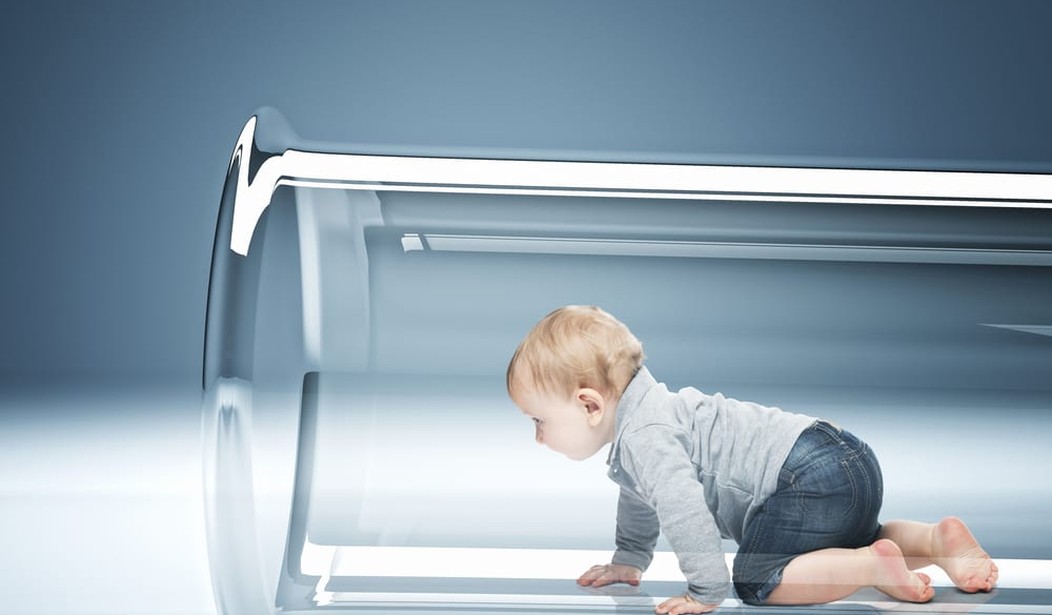Dr. Paul Knoepfler, a stem cell researcher at the University of California, Davis medical school, sounded the alarm bells on genetically modified babies at a TEDx event in Vienna in 2015. Uploaded to the main TED Talks YouTube channel last week, the 18-minute lecture should be required viewing for all parents. In it, he succinctly explains the impact genetically modified babies can and will have on our culture into the future. And it’s frightening.
His talk focuses on CRISPR, a technology that allows scientists to literally edit DNA:
Several years ago, scientists learned how to reprogram an enzyme produced by the Crispr system called Cas9 to enable the editing of genes, not only in bacteria but also in animals, plants and people. The enzyme cuts DNA and the system can then insert a new genetic sequence designed by scientists to alter the DNA. The findings open up the possibility that, someday, researchers will be able to permanently cure genetic diseases.
CRISPR has huge potential when it comes to solving antibiotic resistance and treating genetically inherited diseases and disabilities. Scientists are already using the technology to genetically modify animals to more closely resemble humans; GMO pigs are being developed via CRISPR so that their organs may potentially be used in humans needing transplants. But, there’s a side to CRISPR that’s even creepier than the idea of having a pig heart. The moral implications of being able to edit embryonic DNA have more than one scientist questioning how CRISPR technology should be used and managed.
Some of the biggest debates surrounding CRISPR’s future involve moral questions. Genetic changes made in a living organism alter that individual but aren’t passed on to offspring. But changes made in egg, sperm or embryos are passed on, permanently altering future generations. Some scientists have already used CRISPR in preliminary experiments to edit the genomes of human embryos, though the embryos weren’t viable.
In his TEDx lecture, Knoepfler observed the scary link between Nazi eugenics and the potential use of CRISPR in creating “designer babies.” He painted a scenario in which your child, the un-edited one, is best friends with the designer baby next door. Your little imperfect snotball is constantly being compared to the never-sick, perfectly beautiful, utterly brilliant designer child who just happens to have a weird angry streak. After all, this is experimental technology and you never quite know what you’re going to get. Sound far-fetched? IVF parents can already pick which embryos should live, freeze, or die based on factors including overall health, viability, and gender. IVF is already a high-stakes gamble; what’s a few thousand dollars more to increase your chances of perfection?
Right now the moral future of CRISPR technology is being fought over in patent courts here in the United States. But, as one reporter noted, “…does it really matter who technically owns CRISPR? The Chinese have started human trials using CRISPR Cas9 virus derivatives, effectively raising a middle finger to the US patent lawyers and judges.” The National Academies of Science and Medicine recently issued a report advocating for the application of CRISPR technology in clinical trials involving the treatment or prevention of genetic diseases. Successful trials in that regard will lend credence to the notion that we can, indeed, create “smarter, stronger babies” through science.
Might want to watch X-Men or The Avengers with your kids sometime soon. Comic book scenarios could very well be their future reality.









Join the conversation as a VIP Member